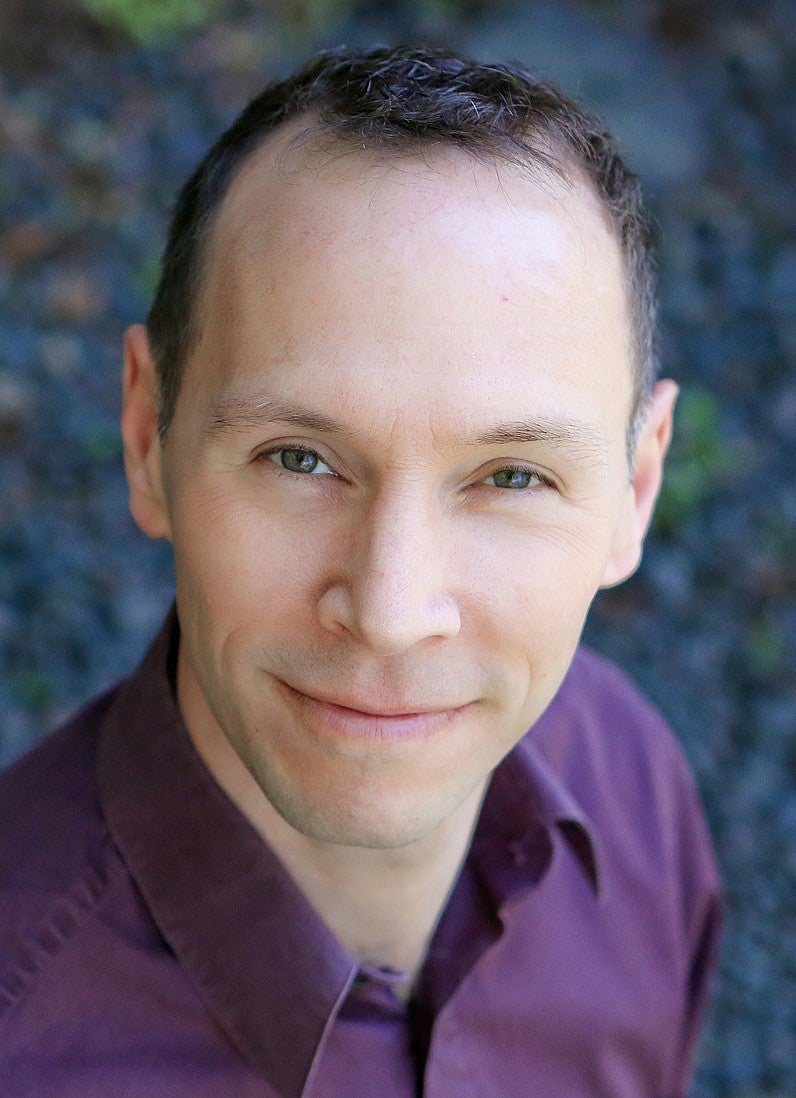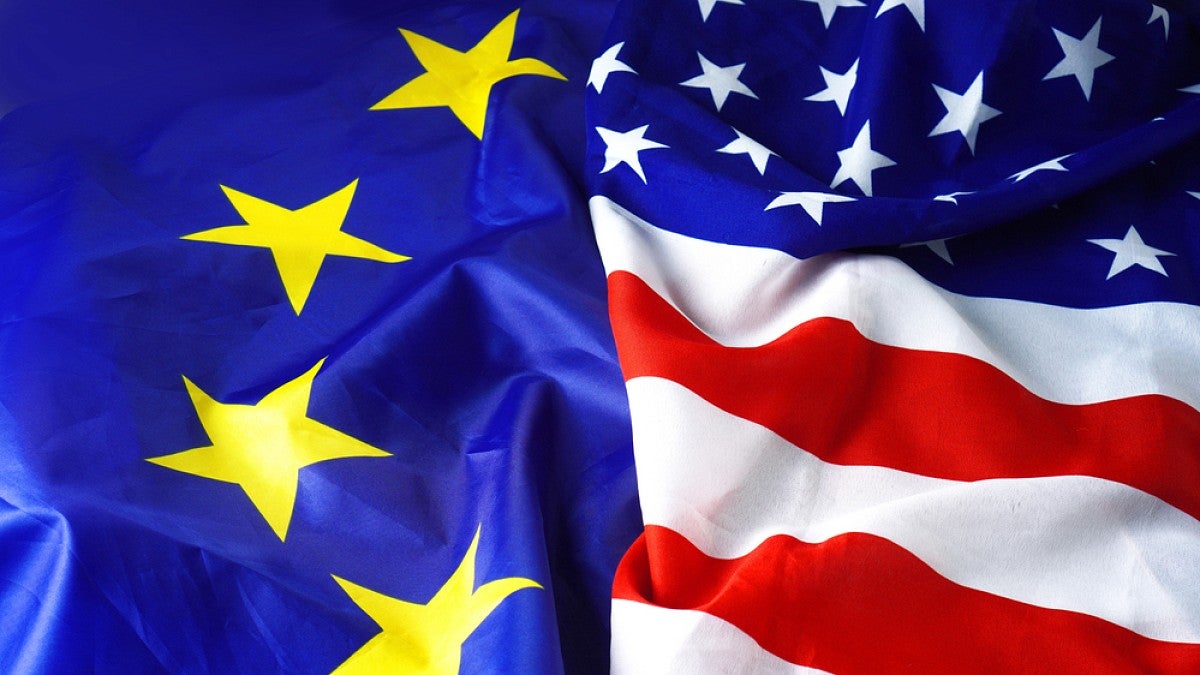A UO political science professor has landed a $1.4 million grant to study the different ways political decisions affect the single-market economic systems of the United States and European Union.
Craig Parsons will use the grant to address research gaps in studies on the world’s largest single markets to inform future regulatory policy and democratic debate. His team will conduct two original surveys, one geared toward the general public and one for the business community. Plans call for conducting hundreds of interviews with business leaders and policymakers.
The studies will focus on four European Union countries: France, Germany, Poland and Norway, and four U.S. states: California, Florida, Pennsylvania and Oregon, asking residents how they see the costs of interstate business and mobility, as well as the appropriate regulatory authority over it.

The Norwegian Research Council awarded the grant for Parsons’ study, “The Politics of European and American Single-Market Governance.” The four-year project involves a team of French, German, Norwegian and Polish researchers and a three-year postdoctoral fellow.
The project is based mainly at the ARENA Centre for European Studies at the University of Oslo, where Parsons holds a partial appointment alongside his UO role.
Parsons said the EU and the U.S. today represent different political choices about how to balance the goal of openness. The difference stems from balancing overarching requirements to accept out-of-state goods, services, labor and capital with an individual state’s own desire to regulate its goods, services, labor and capital as it wants.
The team’s interview research will study three sectors: goods, services and labor, and capital. The focus of the sectors will be alcoholic beverages, construction and retail banking, respectively.
The alcoholic beverage industry provides a useful focus for research on interstate openness, Parsons said, because it is an especially heavily regulated good. In both America and Europe, states adopted highly varied alcohol regulations, and in both contexts those different regulations generate running legal and political tensions with requirements for interstate openness.
Parsons said the project rose from the insights of Leif Hoffmann, a 2011 UO political science graduate student, who wrote his dissertation under Parsons’s direction. Hoffmann came to the U.S. from Germany almost 20 years ago.
While in a museum in Las Vegas, Hoffmann saw a sign that charged a lower price for entry for Nevada residents compared to those who were from other states, something the EU wouldn’t have allowed. Hoffmann went on to write his dissertation about comparisons between Europe and the U.S. Parsons said Hoffmann “deserves the credit for inspiring this line of research.”
The project will generate a large amount of data about how Americans and Europeans see the regulations and political choices they currently make. Parsons hopes the research will encourage better policymaking and empower Americans and Europeans to make informed decisions about trade-offs between openness and other policy goals.
“Regulatory barriers impact business and people’s lives,” he said. “And the fact that Europe approaches these questions differently can help us think about how we want to govern ourselves.”
—By Victoria Sanchez, University Communications


